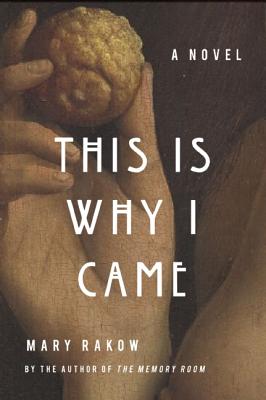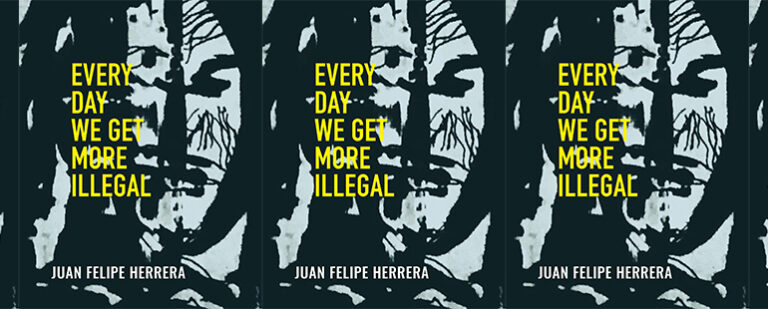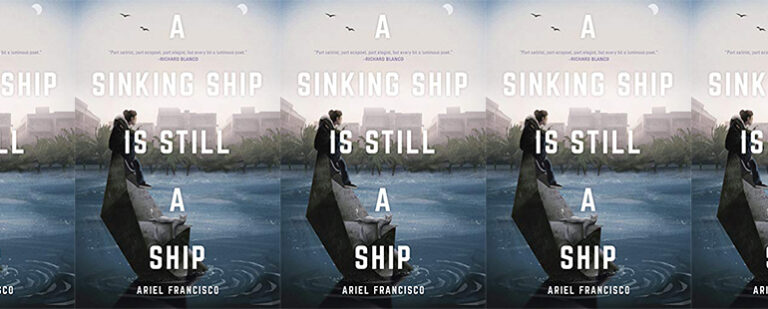The Best Short Story I Read in a Lit Mag This Week: “Brought to Shore” by Nicholas Olson

Patients with terminal conditions face many difficulties outside of the symptoms themself. In “Brought to Shore” (SmokeLong Quarterly), Nicholas Olson explores a family struggling through the emotional realities of a parent living on borrowed time.
Olson opens the story with a memory of a camping trip with the narrator’s unnamed father and brother.
“When I remember that trip, I see the glow of the Sterno under Dad’s chin; the way light caught his eye sockets like the childhood flashlight stories of monsters on the prowl.
Drew, Mom and I used to gather firewood while Dad chopped. After Mom died, Drew and I would grab double our usual haul…but on that trip, Dad could only get halfway through the first log before he had to stop.”
The world Olson opens up is ominous, from details like “eye sockets” to metaphors of “monsters;” from the subtle mention of Mom’s passing to the implicit struggle of the boy’s father. Olson keeps these details from feeling too overwrought through the story structure: a collection of memories. Memory has a way of shaping the past into a more coherent narrative that the experience actually was, and the story becomes cognizant of this through the introduction of the word “maybe” to what he remembers.
“Or maybe it’s how I slipped my concern in while the three of us peed on trees: Dad a captive audience, me insisting the clinical trials looked promising. That it wasn’t like it was when Mom passed. And the way he looked at me after he zipped up, like we’d just met and I’d insulted his mother. Eyes trailing over the burned-out hole where the Sterno was, after the rain drowned out the fire. The way he said he couldn’t waste away like her, his voice calm and quiet as if he were coaxing me to sleep.”
Here the story opens up even further—we get insight into the complicated relationship between the father and the narrator. The narrator feels he must “slip in” his concern, and when he does, his father becomes offended, then speaks of his mother’s passing as if he was “coaxing” the narrator to sleep. It’s a power struggle between both of them. They already know Mother’s narrative; the argument now is what Father’s will be, and who will get a say in it.
With diseases like cancer where there’s often a timetable, these are the questions that haunt families and friends—who gets to decide how that last bit of time goes? The answer is supplied as Dad stays fishing for hours while the narrator wants to go home—a small, telling act of defiance. But then, Father catches a huge fish, which interrupts the struggle. The narrator remembers:
“…his (father’s) smile when he brought the sturgeon to shore, like his composite parts had been scattered and only this fish could return them, could put them back together again.
Or the way he goaded me to get in the frame for a pic outside the bait shop. How we all needed to get a hand under it. To feel the weight of this thing together.”
Father is in charge, as he should be—but with that power he makes the beautiful gesture of insisting his sons help carry whatever the journey may bring.


